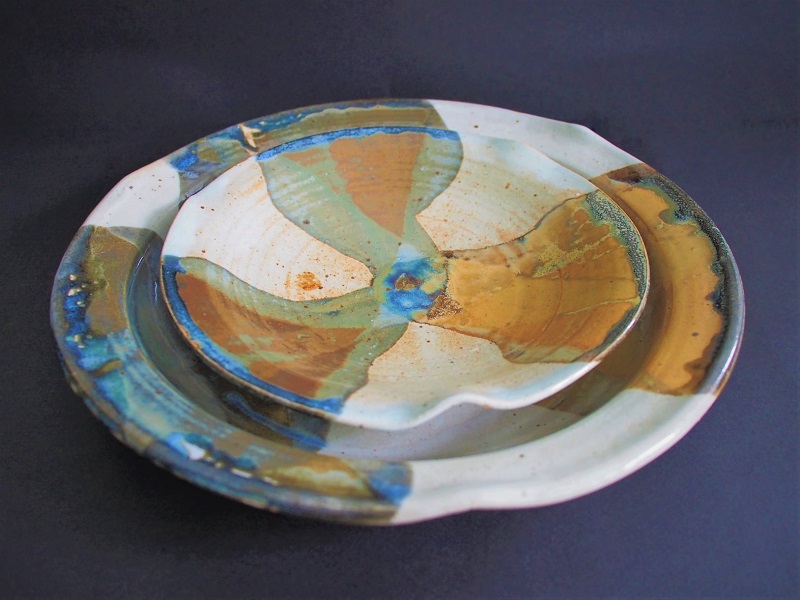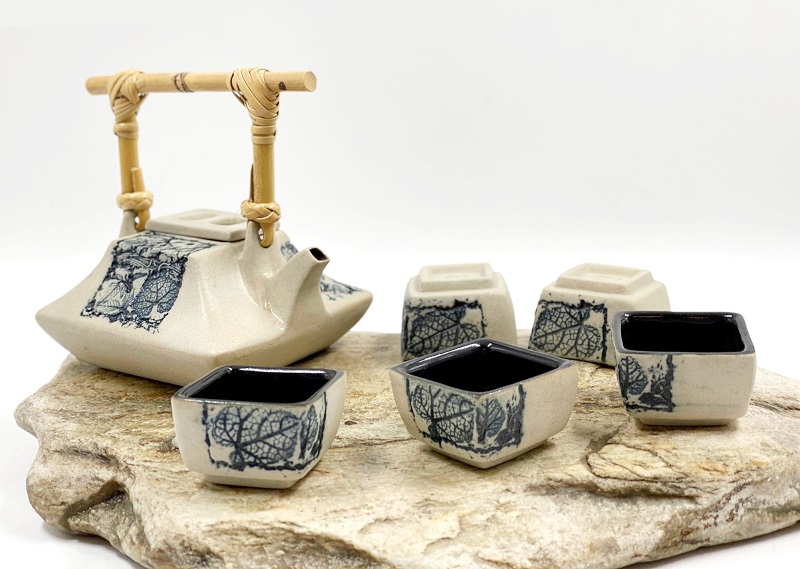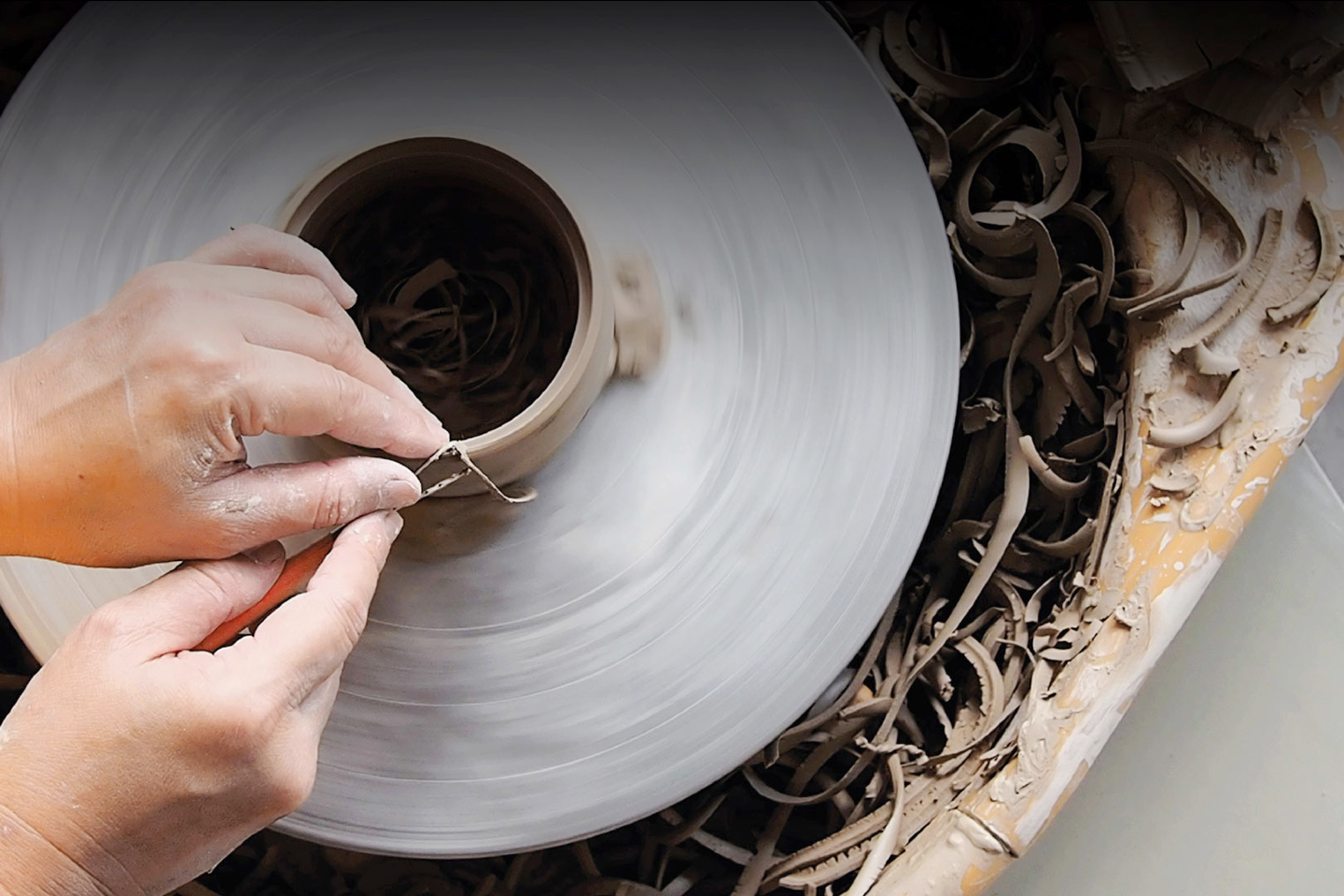
Clay Expression offers a variety of classes from beginner to advanced levels (Photo: Clay Expression)
If the eyes truly do eat first, ours have been feasting on exquisite plating at some cafés and restaurants in recent years. This has mostly to do with the chef’s artistic handiwork, of course, but some credit goes to the dining ware, with ceramics continuing to rise in favour. Beautifully finished earthenware and stoneware make for ideal canvases, which have not gone unnoticed by aesthetes and Instagrammers.
As it turns out, it is not just looking at well-made pottery that brings us pleasure — making them does too. It stirs a primal reaction in us, recalling the gratification that must have been felt by a long line of ancestors that stretches back to the Palaeolithic era. Pottery was mostly a utilitarian product then, used for grain storage and cooking, but it also had an ornamental element in the form of sculptures. Millennia later, the art form is still pursued for both functional and emotional reasons.
Clay, ceramics, pottery — the jumbled terms may confuse the novice. Clay, a fine-grained natural soil material, is the most important component used in pottery. Ceramics are materials that have been permanently changed by heat. For instance, clay that has chemically bonded with water and dried can disintegrate when saturated in water, but firing it between 350°C and 800°C with other materials converts it into a hardy ceramic. While some references use the terms “pottery” and “ceramics” interchangeably, others point out a distinction: not all ceramics contain clay, but all pottery does. Therefore, pottery is a form of ceramics, defined as containers — or pots — made from clay and heated (or fired). This includes the earthenware and stoneware so popular in the contemporary dining scene, supplied locally by homegrown labels such as Bendang Studio and Bangkita Ceramic Studio.
bendang.jpg
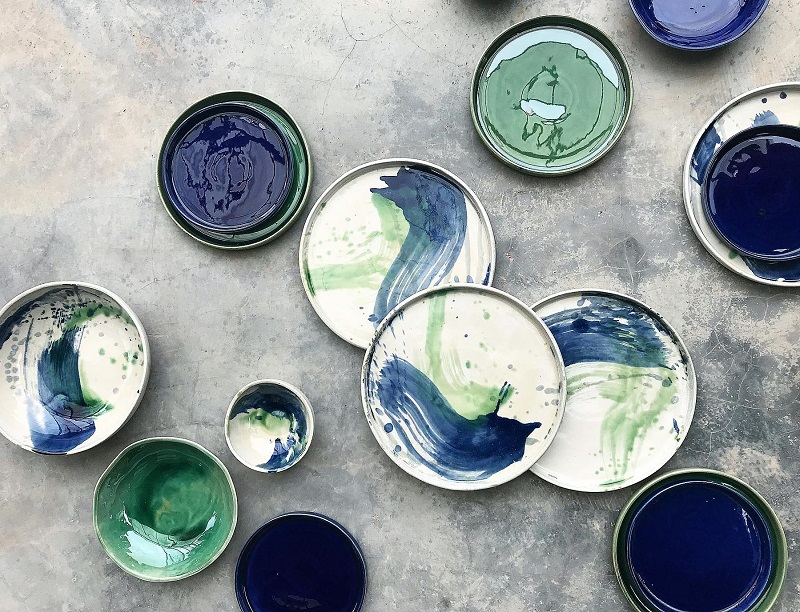
Professionals are no longer the only ones shaping clay by hand or throwing it on a potter’s wheel. The practice now has a cult following among amateurs, who can testify to its many benefits. Silicon Valley and its ilk were among those leading that charge in adopting pottery as a mindfulness trend; US Vogue even declared it “the new yoga”.
In some ways, that description is not entirely hyperbolic: Like yoga, it can be a physical, mental and spiritual exercise. Smashing things in a rage room was, well, all the rage a few years ago, but pottery enthusiasts will tell you relief can be found not just in breaking, but also in making. Maryland-based American gallery The ClayGround puts this down to the form’s tactility. Working with our hands — the movements required in pottery are gentle but demanding — offers physical release, allowing for the exorcism of some demons. The immediacy of the results too meets our need for instant gratification. Unlike, say, gardening, pottery-making lets us enjoy the real-time, tangible manifestation of our efforts.
Then there is its meditative quality. The absorbing act forces us to be wholly present in the moment, its rhythmic motions and quiet offering space for contemplation and healing while arm-deep in clay, coaxing a lump to life. That the outcome is a product of creativity, something many of us stop indulging in adulthood, can be immensely satisfying. Optimism is the meeting of hope and resilience, and the medium’s possibilities for spontaneity and self-expression combined with the challenge of trying to work clay to our will make for an uplifting endeavour.
bangkita.jpg
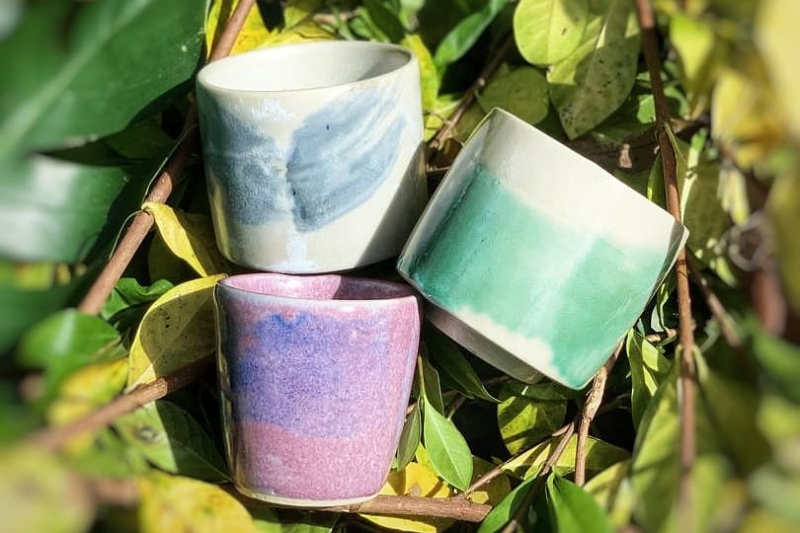
“Each pot has an element of happenstance. You might end up with something vaguely urn-like and pretend that is what you were aiming for all along. You might accidentally step on the pedal — a common mistake —and watch your little miracle lurch back into mud,” writes a journalist from The Guardian.
Perhaps the key is to maintain a good sense of humour throughout the affair. Just like life, it could get messy and things might not go as planned. But however clumsy the result, be sure to bask in the pride that comes with making something out of nothing.
TRY YOUR HAND AT IT
Whether your stressful schedule has you fired up or asleep at the wheel (pun intended), consider taking a moment to regroup with a pottery class. You will leave not only in better spirits, but also with an addition to your crockery collection.
A Touch of Clay
Founder Cheah Yeow Seng knows his way around the wheel, with decades of experience under his belt. In addition to purveying ceramicware such as plates, bowls and pickle jars, A Touch of Clay is a ceramics school that also produces pottery for exhibitions and commissions. Enthusiasts of all skill levels can take a three-hour hand-building (RM150) or on-the-wheel (RM180) lesson here; clay use is priced at RM30 per kg. Search for “A Touch of Clay” on Facebook for details.
8 Jalan 1/60B, Taman Segambut Damai, KL. WhatsApp 017 881 2265 to book.
Clay Expression
The potters at Clay Expression take pottery very seriously — so much so that they have developed an entire curriculum around it with an emphasis on skill development. Give the introductory class a go and, if you find it gripping, sign up for short courses comprising four (from RM1,000) or eight (from RM2,000) classes, available at beginner, intermediate and advanced levels. Learn either hand-building or wheel-throwing approaches for a variety of products, forms and techniques.
Lot 757, No 5 Block C, Jalan Subang 3, Subang Jaya, Selangor. Book here.
Tenmoku Pottery
By sheer variety alone, Tenmoku has you covered. Its factory showroom has an extensive array of ceramic and pottery classes, with short courses, intensive weekend workshops and weekly classes throughout a term available. Keep an eye out for special one-day classes with guest artists or organise a pottery party with friends or colleagues. Tenmoku was established by ceramics veteran Soo Chew Mean, who apprenticed in Taiwan and expanded his knowledge in Malaysia.
23 Jalan Industri Batu Caves 1/1, Taman Perindustrian, Batu Caves, Selangor. For more info, see here.
This article first appeared on Jan 11, 2021 in The Edge Malaysia.

